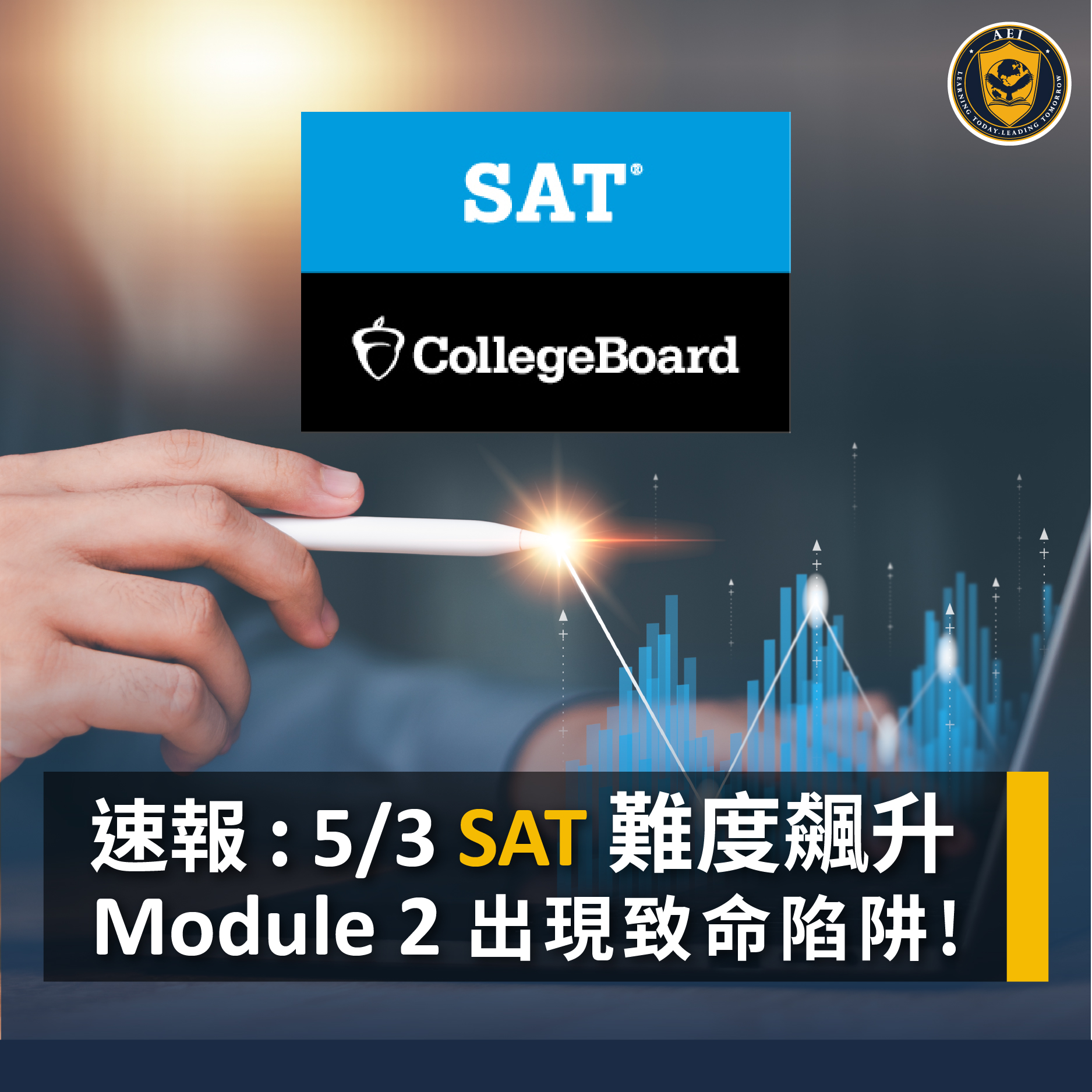Learning is an integral part of the academic journey. Especially for those who lack motivation and focus, learning can be a challenging and overwhelming task. However, with consistent effort and the right approach, building study habits can become a manageable and rewarding process. In this guide, we'll explore some tips and tricks to help you establish effective study habits and achieve your academic goals.
➤Start with a plan
A study plan is the basis for effective learning. It helps you prioritize tasks and organize your time, allowing you to make the most of your study time. Start by assessing your goals and objectives. What subjects do you need to study, what topics do you need to cover? How much time do you have available to study? Once you have your priorities and timeline clear, create a detailed study plan that includes specific tasks and deadlines. Break larger tasks into smaller, more manageable parts and set achievable goals for each learning session. With a solid plan in place, you'll be more motivated and focused during your study sessions.
➤create a habit
A good habit is crucial to establishing consistent study habits. Choose a specific time and place to study, and try to keep the same location as much as possible. Being consistent helps train your brain to associate certain activities with specific times and places, making it easier to get into a learning state. Try to study at the same time every day, even on the weekends, so you can build a habit. Once established, you'll spend less time deciding when and where to study each day and more time actually studying.
➤Create a productive environment
Your learning environment can have a significant impact on your productivity and focus. Make sure your study space is comfortable, well-lit, and free of distractions. Eliminate any potential distractions, such as cell phone notifications or background noise, to create a quiet, focused atmosphere. Keep your study materials organized and accessible so you don't waste time looking for what you need. Consider investing in ergonomic furniture or tools, such as a comfortable chair or standing desk, to enhance your comfort and focus during long study sessions.
➤take a break
Studying for long periods of time without taking breaks can lead to mental exhaustion and decreased productivity. Taking regular breaks is essential to maintaining focus and energy while studying. You can set a timer to focus on studying for 25 to 30 minutes, and then rest for 5 to 10 minutes. During your break, get up, move, stretch, or do something fun to help refresh you. Be sure to take longer breaks after several study sessions, such as a longer lunch break or a relaxing activity.
➤Use active learning techniques
Active learning techniques involve active participation rather than just reading or listening. Such as organizing keywords, teaching others, using memory cards or writing test questions for practice, or drawing charts or mind maps. These active learning techniques can help you memorize more effectively and enhance your understanding of the material.
➤seek support
Learning is a challenging and isolating process. When you need support, it's crucial to seek support from others. Consider joining a study group or finding a study partner who can provide accountability and motivation. You can also seek support from teachers or academic advisors, who can provide guidance and resources to help you succeed. Don't be afraid to ask for support when you need it, as it can have a huge impact on your academic success.
This article outlines several key study habits that can help prepare students for academic work and reduce stress. These habits include setting goals, creating a schedule, finding a study space, using active learning techniques, asking for help when needed, and taking breaks. By incorporating these habits into your daily life, you can build a foundation for success and reduce the stress associated with academic work. Good luck!





